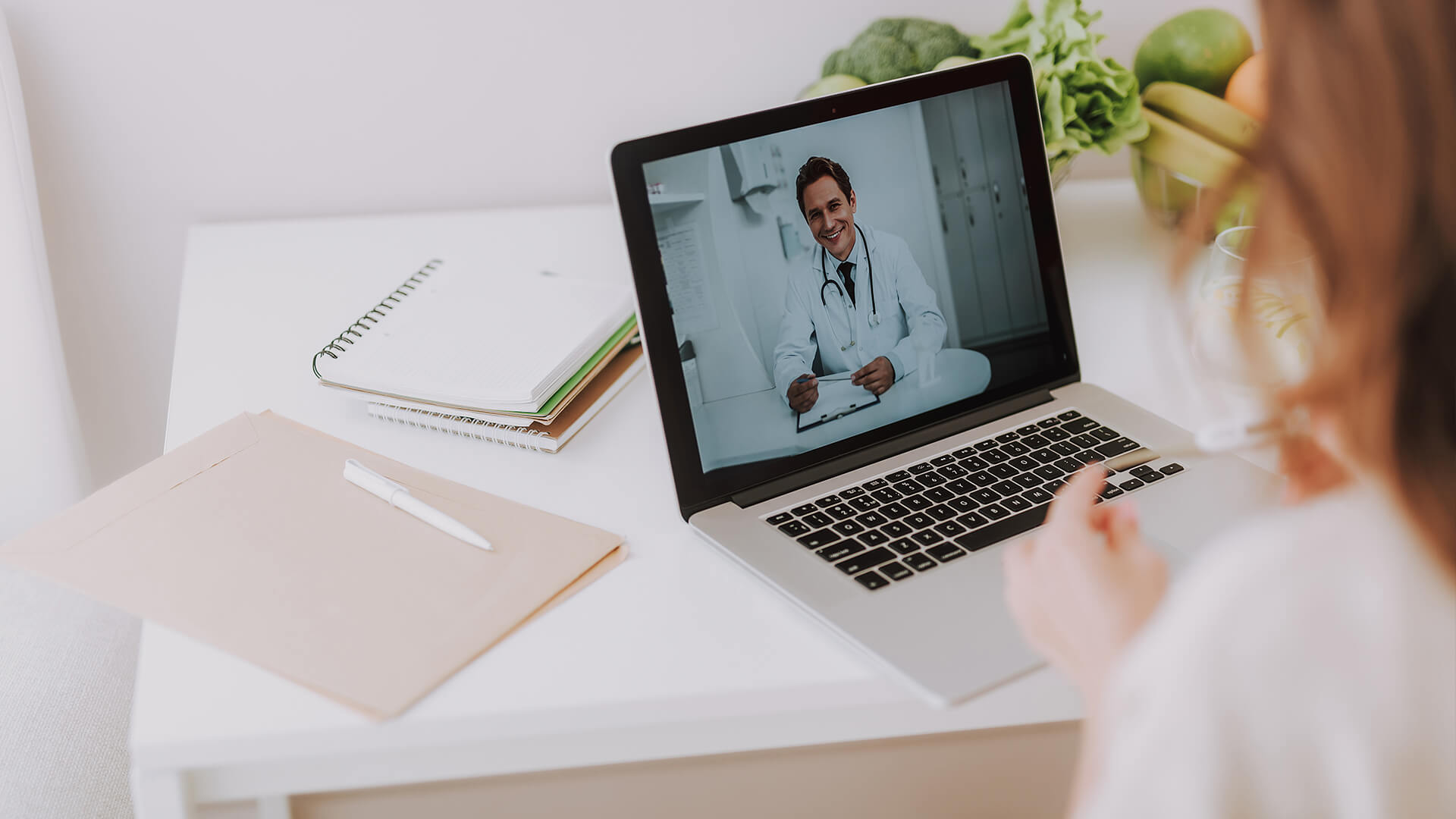The British Association of Aesthetic Plastic Surgeons (BAAPS) – the only organisation solely dedicated to advancing safety, innovation and excellence in cosmetic surgery – has reported a “massive upswing” in demand for virtual consultations during lockdown, but urges the public to remain cautious.
Whether it’s spending more time on the internet at home or spending more time with family, the coronavirus pandemic has certainly had a major impact on everyone in the UK. However, despite predicted financial strains being felt across the country, cosmetic surgery patients have still been researching and looking for procedures during their time at home. In fact, there has been a universal surge in surgeons offering virtual consultations, with some BAAPS members seeing a staggering 60-70% rise.
While being able to communicate with patients and carry out consultations online has been a welcome addition to many surgeons’ practice, the association is urging the public to be cautious and vigilant and to seek quality advice to ensure their safety is a number one priority.
“There are clear advantages to doing a video consultation, including the fact that you do not need to take a day off work to see your doctor and do not need to find the clinic and make your way there”, says Rajan Uppal, consultant plastic surgeon and BAAPS member. “This is especially true if you go to a new town and are travelling some distance. The video consultation means there is no travel involved at all which can be expensive for some patients travelling long distance. A video consultation can also be organised much more easily than a face-to-face consultation with most clinics and surgeons. Some patients are more likely to book a video consultation rather than actually go and see a surgeon face-to-face in the first instance.”
But safety is always a top priority and BAAPS urges patients to ensure that that they find a surgeon who is registered and has all the appropriate qualifications, including having the letters “FRCS plast” after their name. Surgeons who are members of professional organisations, such as BAAPS, will also be audited annually and held accountable when it comes to maintaining their knowledge and training.
They also urge caution when it comes to making a decision based solely on online reviews. While online reviews and photographs can be an essential part of choosing a surgeon, they do not necessarily represent all leaders in the field.
Another important factor when having a cosmetic surgery consultation online is privacy, especially when you may be showing intimate parts of your body to the surgeon.
Dan Marsh consultant plastic surgeon and BAAPS Honorary Secretary says, “The issues that need to be discussed about virtual consultations include confidentiality, whether they are recorded and if there is a chaperone present for undressing to show intimate parts of the body. Please check the privacy and confidentiality statements on the website of the clinic or surgeon that you are seeing. The video consultation should be followed by a clinical examination face-to-face before planning any surgery. There also needs to be a 14-day cooling off period which can tie up with the 14 days self-isolation required currently.”
BAAPS Vice President & consultant plastic and hand surgeon Mary O’Brien adds, “Undressing on video to expose intimate parts of the body does not allow a proper clinical examination and perhaps should be avoided.
“Patients need to understand before booking their video consultation, many of which will be charged for, that not every provider can offer a date for surgery at the moment and, even if they can, it may be subject to change.
“Also, if patients are booking Zoom consultations with surgeons based a significant distance away from where they live, there needs to be consideration of where the actual surgery will take place and how they can access post-operative care in the event of a complication if they have been treated a long distance away.”
BAAPS says, the prevalence of coronavirus has made patients cautious in going to see a surgeon in a hospital. Although there is some uncertainty as to the safety of having surgery, reputable clinics and surgeons will have established protocols in place developed along national standards which will protect patients and staff. In many cases this will involve a period of isolation before surgery and taking nasal swabs two days before an operation, although protocols differ in different regions of the country. Surgeons may also be tested themselves to make sure they are not infected with the virus. Make sure you ask what the protocols are with your individual surgeon.
BAAPS President and consultant plastic surgeon Paul Harris comments, “These extra layers of protection from reputable surgeons ensure that patients get good outcomes while at the same time preserving their safety. This may result in more inconvenience for patients and staff as well as delays in planning any surgery. However, these factors are inherent in maintaining safety for patients in the new coronavirus world.”


















